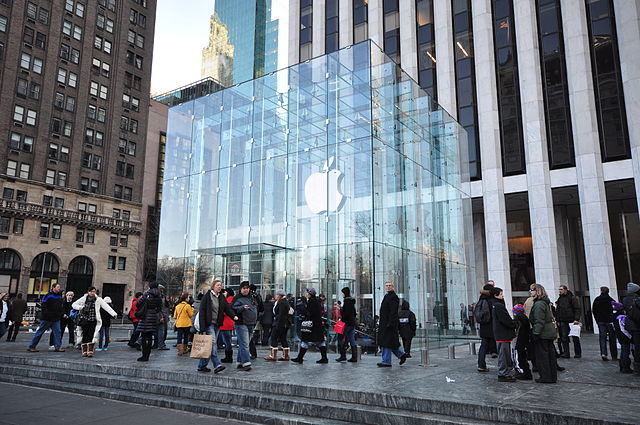The US Supreme Court has rejected appeals from both Apple and Epic Games, upholding the judge’s ruling that requires Apple to permit developers to offer alternative payment methods for apps and services.
The Supreme Court did not provide reasons for its decision, maintaining the permanent injunction allowing developers to bypass Apple’s 30% commission.
Apple’s appeal, filed in September, aimed to challenge the circuit court’s decision, which it considered “unconstitutional.”
In 2022, Apple estimated developers generated $1.1 trillion in the App Store. The high court’s decision not to review the case is a significant setback for Apple.
Apple typically takes a 30% cut from in-app purchases, with some exceptions at 15%, and claims many developers pay no commission.
Apple has consistently sought to prevent iOS app developers from directing users to alternative payment channels.
The Supreme Court’s refusal to entertain Apple’s petition upholds the nationwide injunction against such interventions.
This underscores the lasting impact of the Epic Games lawsuit, indicating enduring changes in Apple’s app store affecting potentially millions of iOS apps.
The Epic Games case marks the first challenge to the App Store’s business model, a significant source of revenue for Apple, generating about $1 trillion in total billings in 2022.
Gaming apps on the App Store contribute approximately $100 billion annually.
Ninth Circuit Denies App Store Monopoly Claim

The Ninth Circuit, while affirming Epic’s appeal that Apple violated California’s Unfair Competition law, rejected the assertion that the App Store constitutes a monopoly.
The Supreme Court of the United States (SCOTUS) has chosen not to review both Apple’s appeal and Epic’s appeal challenging legal errors made by the district court.
Epic alleged that Apple’s business model violates federal antitrust laws, but this aspect will not be addressed by the Supreme Court.
Epic Games CEO Tim Sweeney expressed disappointment with the denial of the appeal, referring to it as “a sad outcome.”
